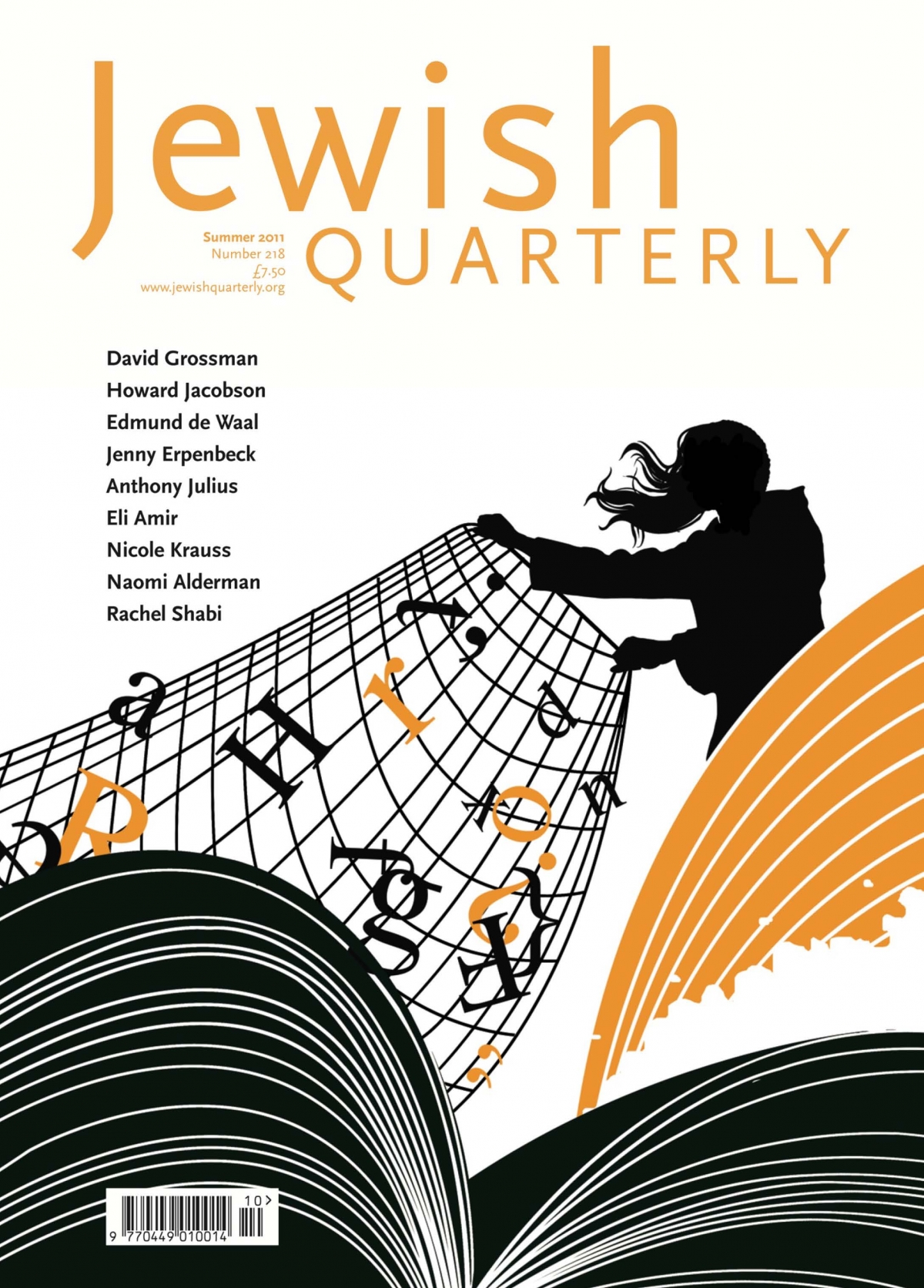Away go the books on the Hapsburgs. The Baedekers for Austria and France, the sale catalogues for auctions in Paris, marked up with the prices realised for family furniture, the books on fashion, on post-war Tokyo, the stack of Gazette de Beaux Arts. The section of books on Freud and the shelves of Musil, Zweig, Roth will stay, of course, but may have to move up. Some things—Grossman, Benjamin, Babel—are needed here at eyeline, but surely the de Goncourt journals can be banished. I won’t need to go through them again. I wasn’t sure if I could bear those brothers once. The proofs have gone back to the publisher and it is time to pack up.
Annotated, book-marked, stickered, full of expostulatory scribbles, pencilled to-do lists on endpapers and exultant under linings these books are years of my life, of reading and re-reading. And of buying. For several years the mid-morning post to the studio was made up of cardboard packages of books, necessary books, bought in the middle of the night from Abebooks. I tick here for priority dispatch, look away from the total price because I am in despair, I am buying another copy of X because I need it now, need to find the list of donors to the rebuilding of the Burgtheatre in Vienna. I spend my advance buying books at night.
And now I’m finished and my office in the studio is a complete mess. I am making an installation of porcelain pots in lead-lined boxes for an exhibition, my first in a proper London gallery. It is called From Zero, a phrase I have stolen from an essay by Malevich and so there are books on Constructivism coming in and photos of his black canvases taped up on the walls. We have the photographer coming, and the people from the gallery, and collectors, and the novelist who is going to write the essay for the catalogue. I need some clarity, some space away from all these files of notes. So I struggle to put this strange archive into a shape—folders on restitution, anti-semitism in Paris 1880–1890, Levantine shipping—and then I struggle to put it away, out of sight, I won’t need it again as I am resuming my life. I am artist again.
‘We share many things’, goes the first letter. And the second. ‘And I’ve read your book’, some say, ‘and am astonished to find that my great-grandfather lived next door’, ‘that your great-uncle worked in Y’, ‘that in Odessa my family knew Z’. ‘We are distant cousins’, says a card in a shaky hand. ‘Though my story is slightly different’, reads an email, ‘I want to ask you…’
I have my grandmother’s recipe book, a brooch, a single spoon. I have nothing. I don’t know my story. I need to tell you. And there are letters re page 214. I think you’ll find that you have misspelled the title of Rilke’s poems.
So what can I do? I get up earlier and earlier to try and answer my correspondence. I sit behind a table in a bookshop and sign my book. I stand and talk about the book, about how I researched the story, about attempting to describe the shape of a diaspora, the journey into a series of silences about who my family was, where they came from. And all the time, muffled in England, clearer in America, there are the questions: So are you Jewish? Do you feel Jewish?
I start making another installation of porcelain. It is going to be behind glass: a vitrine of two hundred white and celadon-blue pots. Nine larger vessels in the middle and the rest arrayed around them. The structure of the shelves is based on a page of scripture, the words embedded in commentary. I call it Word for Word.
This is my first time behind glass. We push the glazed front onto the cabinet with a sound of a gentle exhalation. The pots are caught and stilled: they rest. There is a feeling utterly unlike anything I have done before. And when I look at it when it is finished and hanging in the gallery I realise that it is only half the piece. I need to make another cabinet to hang next to it.
This time the glass is opaque. The vessels seem out of reach. The cabinets are like two pages of a book: they need each other.
You try and tell a story because you think it is your story. You try and pack up a library.






